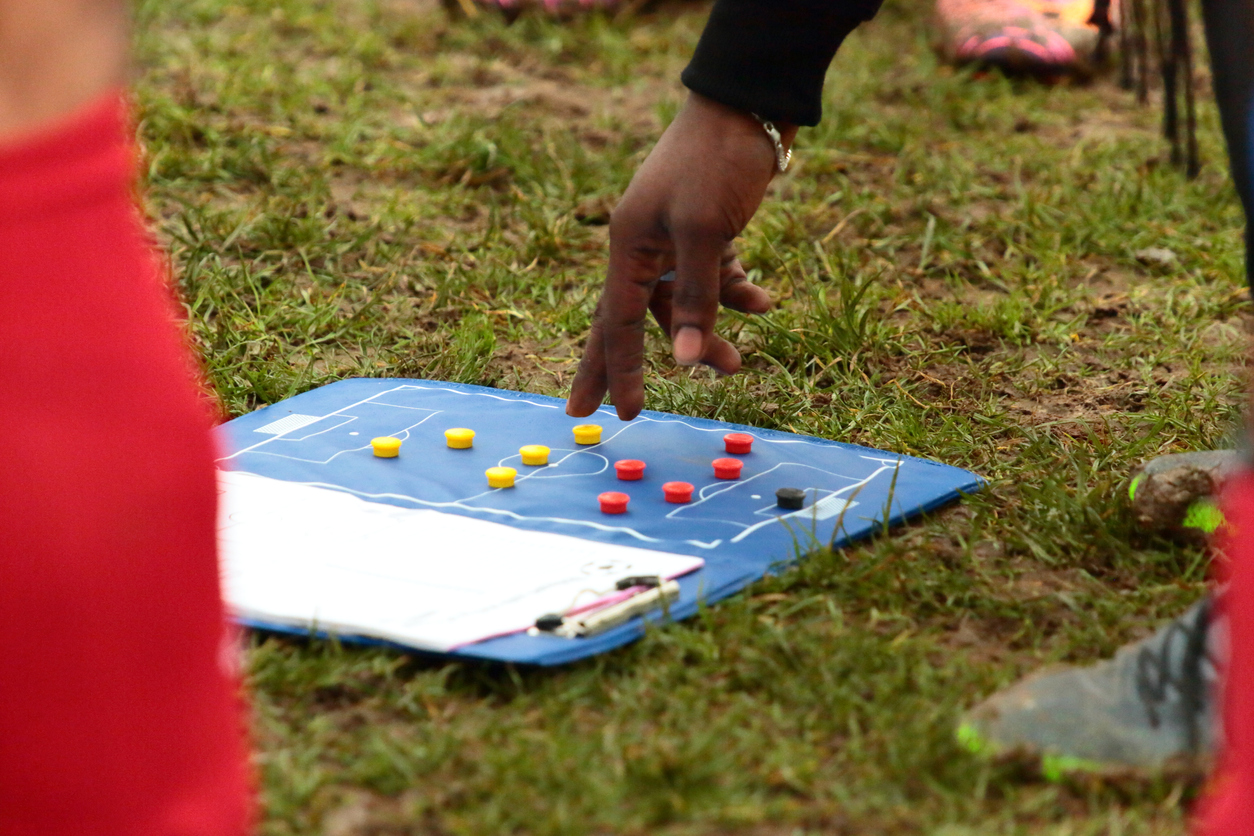
Any sports fan has heard that the best offense is a good defense. In fact, most professional sports analyst will tell you that its defense that wins championships. Though the average fan loves nothing more than to watch their favorite team score, it’s the ability to not let the other team score that makes the offensive enjoyments that lead to a victory. The same can be said about organizations working with challenging behaviors. Though we love when good PBIS program works at shaping more desired behaviors, it’s the overall defense that create the prevention and safety for our behavior plans to take root.
Any good crisis prevention intervention training must have an organizational approach to prevention first and foremost. In team sports, this is often what we would refer to as zone defense. Though the de-escalation training is important, we must first put the efforts into creating a safe, trauma informed environment that prevents escalation from happening in the first place. The starting point is having team members who are putting the “relationships in action” to create this safe environment.
Supervisors or team leaders become the coach. They analyze the environment and histories and are the ones who put the team together and coach to success. They along with team members look at environmental factors, communication needs, and areas of support necessary to achieve their overall goals. They also ensure that every area that needs staff support are covered and at times assign a “free safety”. In football, a free safety goes to where the support is needed or roves a particular zone to pick up problems before they happen.
This would mean that the larger the area and the more people that need support, the more “free safeties” there may need to be to help support the team. This makes it possible to get help prior to escalation occurring. Too often, help is not called for until it is too late. Good teams know where their help is and call for it before escalation gets a chance to set in and becomes more difficult to handle. Organizations that focus on prevention through good zone defense are more likely to “win” when it comes to the outcomes of those they support.
Tim Geels – Director of Implementation and Support
For a more detailed coverage of the topic, certified Mandt Instructors should find “Setting Up Zone Defense” in the Mandt Resource Center under resources/teaching activities/relational activities/healthy conflict.



